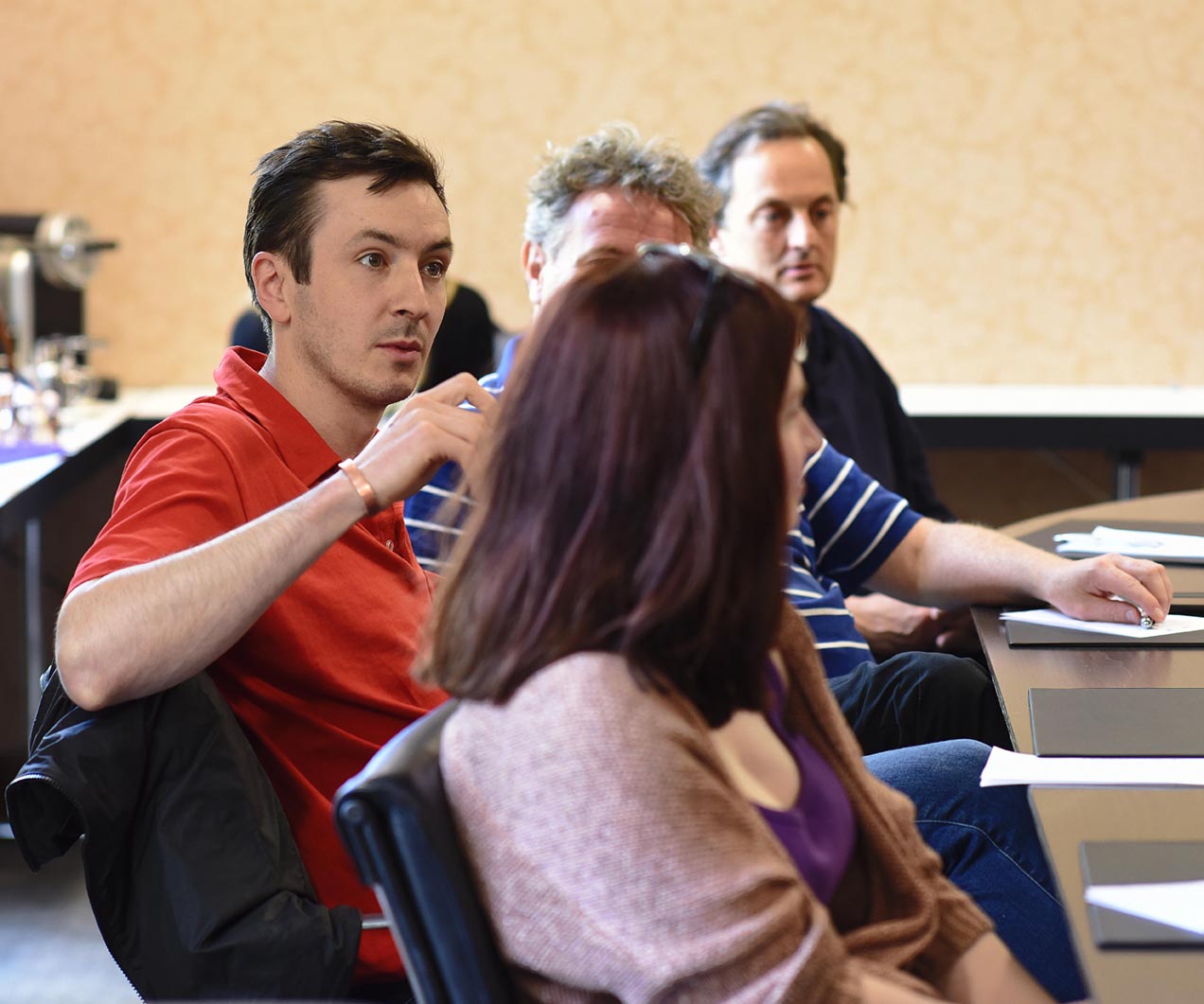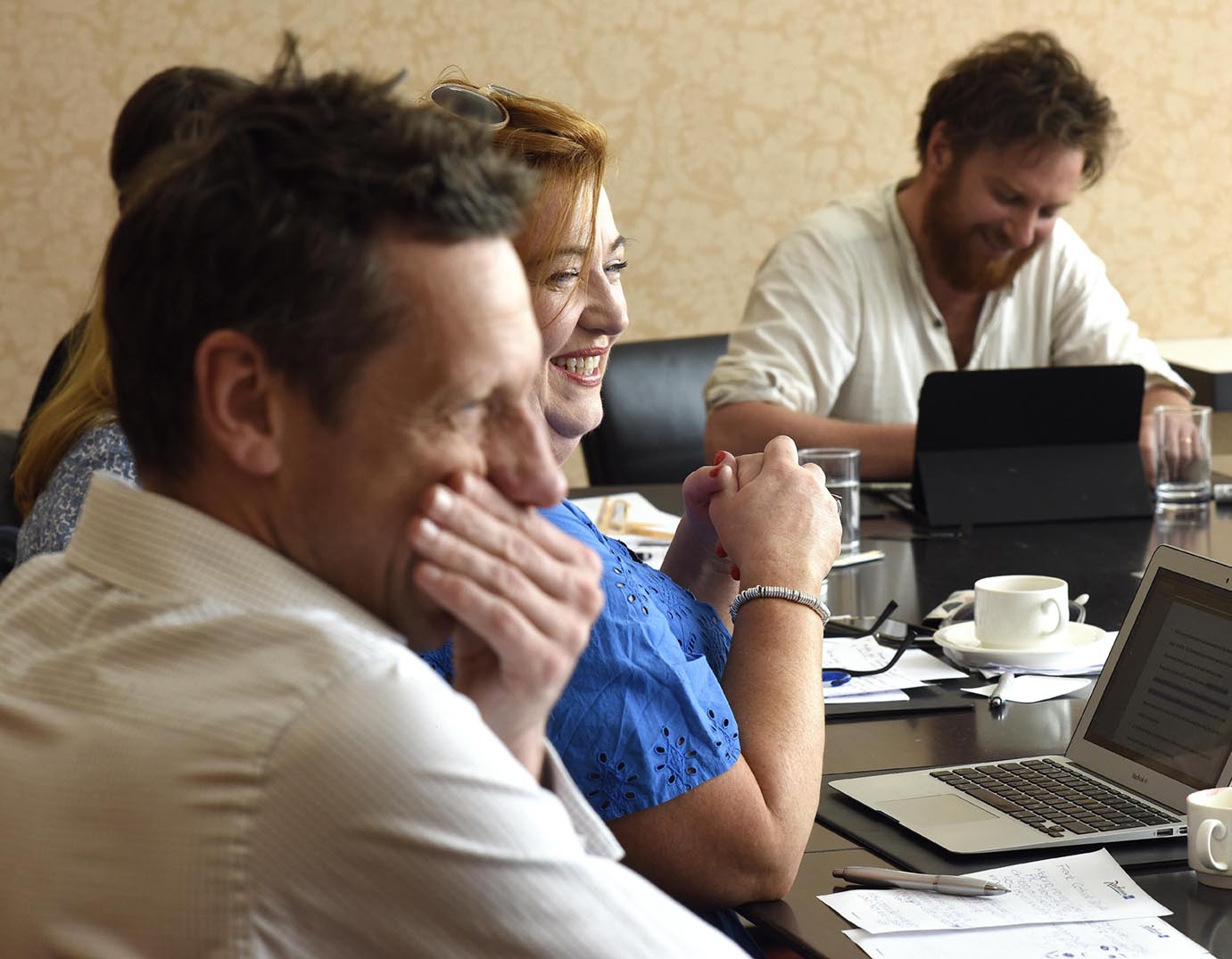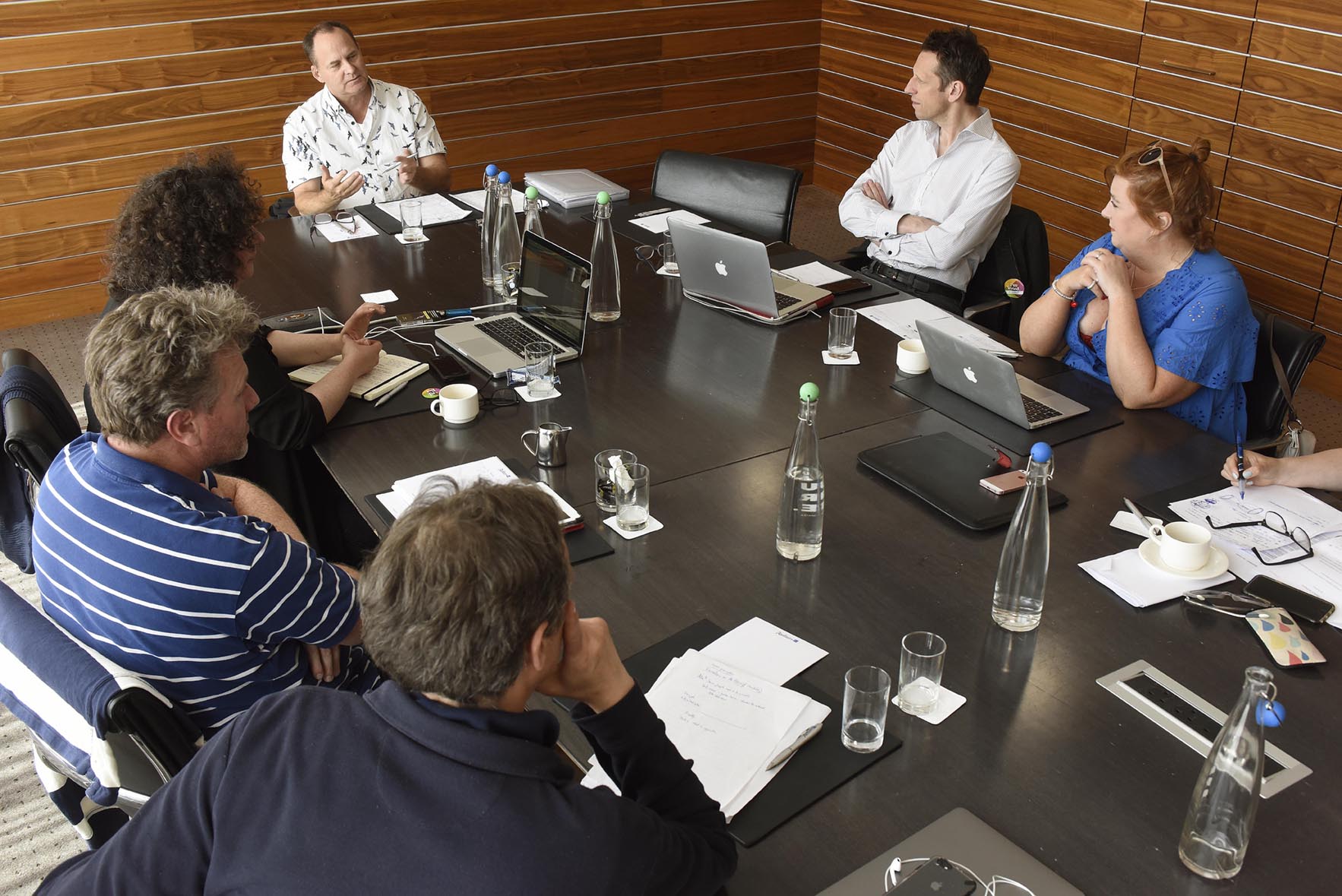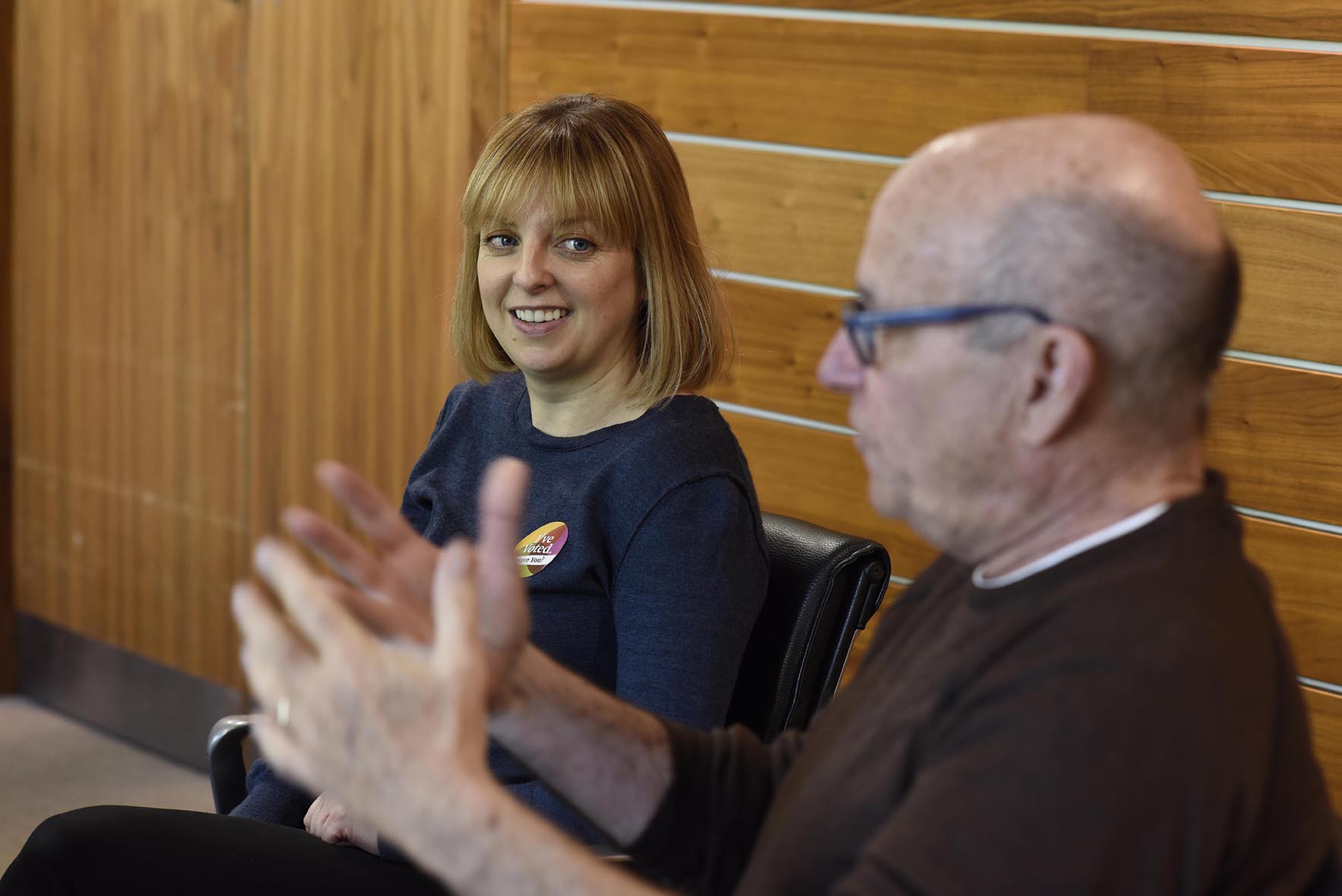Big Stories on the Small Screen held its week-long intensive story workshop from Monday the 21st May to Friday the 25 May 2018. The event took the form of a week-long, project-based workshop-conference on Developing Story. It was hosted by the Radisson Blu Hotel on Golden Lane in Dublin 8.
The event was opened by Big Stories director Neasa Hardiman, who congratulated the participants on making it through a rigorous and highly competitive selection process. She reminded those present that the central aim of Big Stories on the Small Screen is to build in Ireland a sustainable landscape of excellence in writing, producing and directing long-form screen drama. In achieving that aim, she described the initiative’s focus as threefold:
- To equip a selected cohort of emerging writers, directors and producers with the key craft skills necessary to develop, structure and bring to the international media market quality Irish long-form screen stories.
- To achieve this by means of an intensive programme of focussed screen story development, led by international authorities in the field, in the form of a series of workshops and conferences
- In so doing, to foster a collaborative approach to sectoral development, forging links between key industry stakeholders including broadcasters, public funders and industry representative organizations.
The opening session featured an initial panel of Neasa Hardiman and tutors Tom Abrams and David Isaacs. The tutors outlined their approach and methodology, before Neasa explained the structure of the week’s events. Those events were issued in the form of a printed schedule, as well as being updated at www.BigStories.ie/schedule/
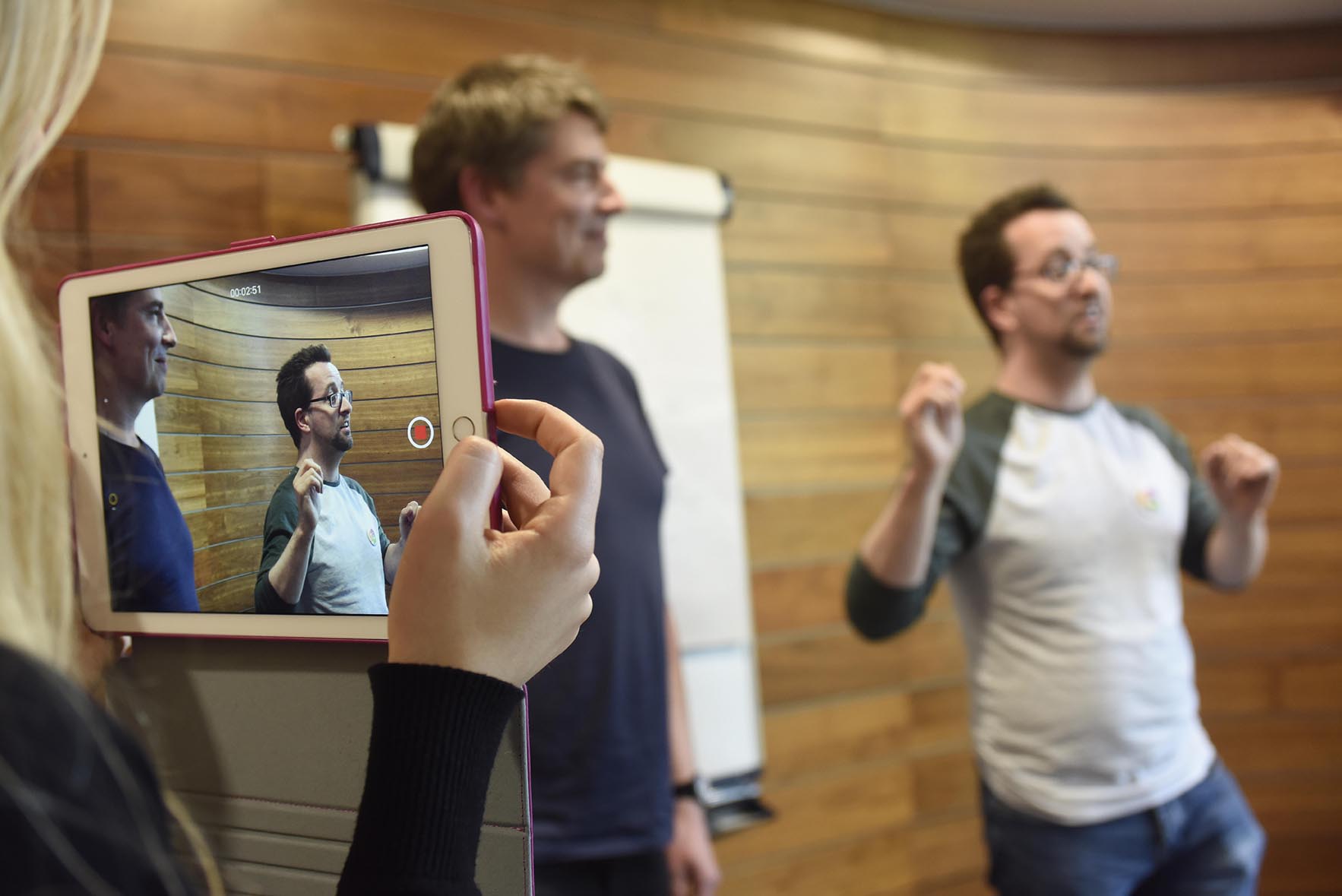 The writers then broke into two writers’ rooms of five participants, each led by one tutor. The Big Stories tutors are both experienced, award-winning screenwriters who understand the dynamics of successful creative collaboration in the writers’ room setting. In addition, they both teach screenwriting at Master’s level at the University of Southern California, the ‘feeder school’ for Hollywood screenwriters. In this way, David Isaacs and Tom Abrams offered their expertise both as writers and as teachers. Their work marshalled the collaborative, creative work necessary to develop each story presented, while simultaneously developing the craft skills of the writers around their respective tables. The writers’ rooms ran for four hours, working to develop the first of their five projects.
The writers then broke into two writers’ rooms of five participants, each led by one tutor. The Big Stories tutors are both experienced, award-winning screenwriters who understand the dynamics of successful creative collaboration in the writers’ room setting. In addition, they both teach screenwriting at Master’s level at the University of Southern California, the ‘feeder school’ for Hollywood screenwriters. In this way, David Isaacs and Tom Abrams offered their expertise both as writers and as teachers. Their work marshalled the collaborative, creative work necessary to develop each story presented, while simultaneously developing the craft skills of the writers around their respective tables. The writers’ rooms ran for four hours, working to develop the first of their five projects.
The final session of the day saw all fourteen participants engage with guest speakers from two of London’s four principal screenwriting talent agencies, Sarah Williams of Independent Talent and Charlotte Kelly of Casarotto. Sarah and Charlotte outlined the relationship between screenwriter and agent. They discussed what they look for in an emerging screenwriter, how to approach a talent agent and how to maximize the early stages of an international career. The two agents then outlined the professional landscape and conditions that structure developing, pitching and writing original television drama in the UK and internationally.
Tuesday began with our two tutors running their four-hour writers’ rooms, examining the second of their five selected projects. The afternoon saw Tom Abrams screen the opening episode of Melissa Rosenberg’s Jessica Jones, conducting a detailed structural analysis of the thirteen-hour narrative. He explored thematic focus, the construction of the protagonist, the expression of theme through secondary and tertiary characters and the skilful management of audience hopes and fears. The analysis provoked a lively debate on the connection between genre, theme and characterization.
Wednesday began as usual with the two tutors running their four-hour writers’ rooms, engaging with the third of their five selected projects. The keynote lecture for the week was delivered that afternoon by Paul Rutman. Paul is a BAFTA-nominated, multi-talented writer and producer. He created and wrote the acclaimed six-part terrorist thriller Next of Kin, which screened on ITV earlier this year. He created and wrote the Channel 4 series Indian Summers starring Julie Walters, as well as adapting Anne Cleves’ series of novels for ITV, Vera, starring Brenda Blethyn and now in its eighth series. In addition to our participants, this lecture was open to twenty professionals selected via CV and application through the Screen Training Ireland web portal.

